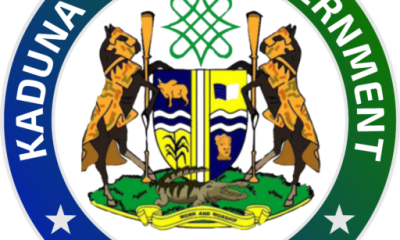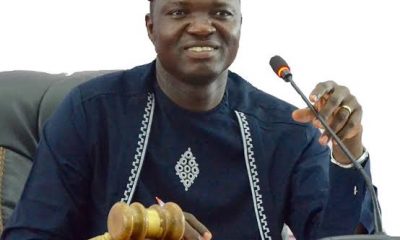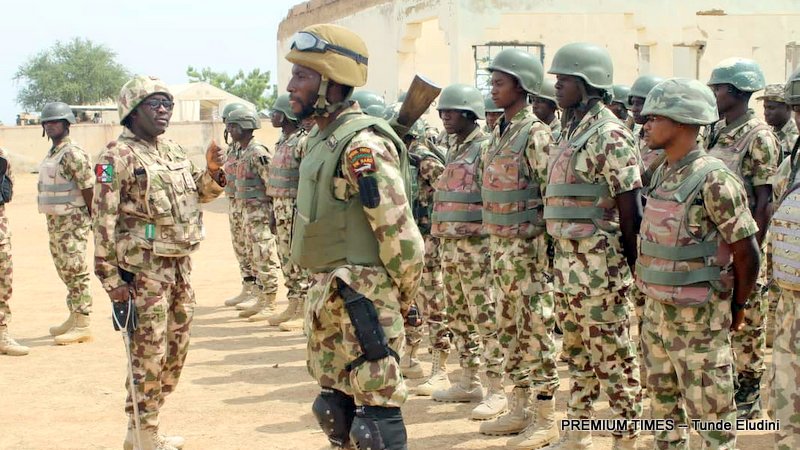NEWS
Stakeholders Seek Legislation for Autonomy of BPP, Conducive Working Environment
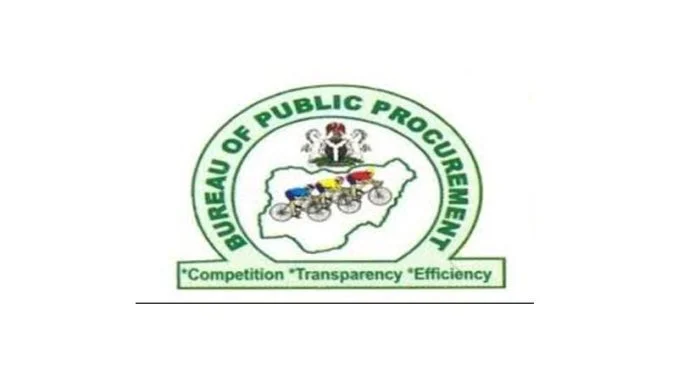
From Jude Dangwam, Jos
Stakeholders in Plateau State has called for a legislation that would grant the Plateau State Bureau for Public Procurement (BPP) autonomy to operate and not be under a Ministry to enable the Bureau attained it’s full potentials as an establishment that oversees the judicious use of public funds through public-procurement in the state.
They also expressed concerned over the deplorable condition of the office of the Plateau State Bureau of Public Procurement (PSBPP) agency recently over flooded with water as a result of the heavy downpour in the state, affecting the workings of the agency a situation they said call for urgent attention. They made the submissions during a stakeholder’s engagement with procurement officers across the state, civil society organizations, Media practitioners among others at Crispan Hotel in Jos the state capital.The stakeholders’ engagement is part of the Anti-Corruption Innovation Project (ACIP) of the United Nations Development Programme (UNDP) implemented by Accountability Lab Nigeria in Plateau State, Edo and Ekiti States towards bringing citizens onboard to participate in the monitoring of public funded project being implemented in their respective communities.The Lead Facilitator of Accountability Lab Nigeria, Onyekachi Chukwu noted that some of the challenges confronting the optimal operations of Open Contracting in Nigeria consist of lack of awareness by citizens, poor welfare of procurement officers, technical know-how, and insufficient manpower among others.”Some of the challenges confronting BPP in the country consist of lack of citizens engagement (low data use), lack of technical capacity (insufficient work tools), low incentives for procurement officers, lack of proper monitoring and evaluation, political indifference/lack of political will, and no autonomy for the Bureau for Public Procurement,” he statedChukwu further stress that citizens must know the difference between government commitments during political campaigns and the political will to drive good governance anchored on transparency and accountability which the involvement of civil society organizations, the media and citizens will propelled the actualization of the set goals of BPP not only in Plateau state but the country at large.The Monitoring, Evaluation and Learning Associate of the Accountability Lab Nigeria, Alfred Agu said the organization has continued to work with various stakeholders to better the public procurement processes in abiding to address elements of corruption embedded in the award of contracts as well as the procurement of public contracts in the state.He said the stakeholders’ engagement was aimed at bringing solutions to the challenges hindering the full performance of the State Bureau for Public Procurement in the state.”Procurement officers don’t have the tools to carry out their jobs efficiently, there is some political interference in the processes and this is why we’re here to put our minds together, look for the next steps on how we can find solutions and also make recommendations to the government.”This engagement has given us a lot of meaningful feedback from stakeholders and non-stakeholders. The feedback will be drafted and put forward to government so that there can be a policy reformation with a push on gender by having a woman also on the table of procurement, and I’m sure a lot will be achieved going forward” He notedThe Acting Director General of the Plateau State Bureau for Public Procurement, Yabilsu Michael Dogo expressed gratitude for the engagement, and noted that if the resolutions reached at the end of the stakeholders’ engagement are properly implemented, the state will be a reference point in the country in terms of Open Contracting which engendered good governance to citizens.NEWS
INC Rallies Support for PINL as Women Applaud Inclusion Efforts

From Mike Tayese, Yenagoa
The Ijaw National Congress (INC) has called on host communities and stakeholders in the Niger Delta to give full support to Pipeline Infrastructure Nigeria Limited (PINL), the surveillance firm securing the Eastern Corridor, including the Trans Niger Pipeline (TNP).
Speaking at PINL’s August stakeholders meeting in Bayelsa State, INC President, Professor Benjamin Okaba, praised the company for its zero-infraction record on the TNP over the past month and for its consistent engagement with host communities.
“PINL has shown they are one of us. They are not foreigners,” Okaba said. “The fact that they have recorded zero infractions shows they are doing well.
They may not be perfect, but there are clear signals they are ready to do better and carry everybody along. I urge our youths to stay patient, avoid vandalism, and take advantage of the livelihood packages provided.”On there part, the NNPCL Commends Strong Community Relations between the host communities and PINL.
Engr. Akponine Omojevwe, Head of Field Operations for the Eastern Corridor, NNPCL Project Monitoring Office, credited the cordial relationship between PINL and host communities for the improved security.
“For the last month there were no infractions, which makes our work easier. This is the result of fantastic collaboration between the company and the communities, and I appreciate our royal fathers for their role in this,” Omojevwe said.
Also speaking, Chairman of the Bayelsa State House of Assembly Committee on Youths, Tari Porei, noted that the struggle of the Ijaw people contributed to PINL’s establishment. He urged youths to engage companies and government constructively.
“If oil companies in the region had been as responsive as PINL, there would have been no need for agitation leading to vandalism,” he said.
Former Bayelsa State lawmaker, Mrs. Ingo Iwowari, commended PINL for including women in its programmes and urged other companies to follow suit.
“Pipeline vandalism is more than a security challenge — it’s a human community crisis. Ignoring women is ignoring half the solution. By empowering women, we can protect our pipelines, environment, and people. Inclusion brings lasting peace and faster recovery,” she said.
PINL on there part reaffirms commitment to Sustainable Energy Security.
According to PINL’s General Manager, Community and Stakeholders Relations, Dr. Akpos Mezeh, confirmed that zero infractions on the TNP in the past month have contributed to increased national oil revenue. He noted that the Federal Inland Revenue Service recently confirmed Nigeria achieved its 2025 oil revenue benchmark for the first time in years, attributing part of the success to surveillance companies like PINL.
Mezeh outlined strategies behind the results, including strong community partnerships, safety measures for personnel, timely salary payments, and rapid dispute resolution. He also highlighted the company’s CSR initiatives — scholarships across 215 host communities and training programmes for women.
“We remain committed to sustainable energy security in the Niger Delta and call on all stakeholders to work with us to protect these critical national assets,” Mezeh said.
NEWS
Terrorist Infiltration Alleged at Federal Polytechnic Wannune as Deputy Rector Cries Out, Accuses SGF of Shielding Suspects
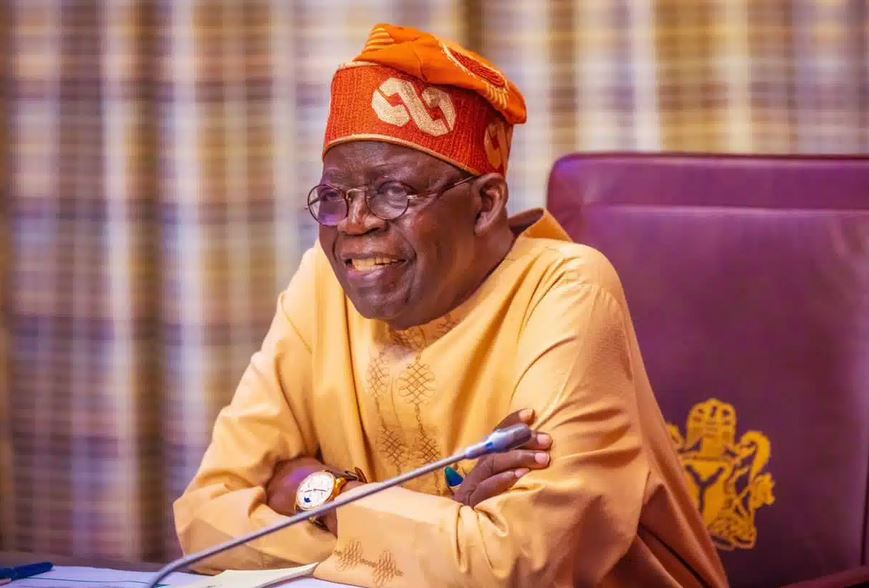
By David Torough, Abuja
Federal Polytechnic Wannune (FPW), Tarka Local Government Area of Benue State, is at the centre of a major security crisis following allegations that the institution has been infiltrated by an organised criminal group accused of financing terrorism and engaging in money laundering.
In a detailed petition addressed to security and anti-corruption agencies, the Deputy Rector of FPW, Dr.
Ngurumun D.M. Iorchir, alleged that terrorists invaded the institution on Thursday, August 7, 2025, where they intimidated staff and students, vandalized government property, and attempted to lynch him before he narrowly escaped.According to Dr.
Iorchir, the attack was allegedly coordinated by the Rector of FPW, Dr. Tyover Ashinya Dajo, who instructed the invaders to withdraw and regroup at another location in Wannune. On the same day, a staff member, Mr. Jeremiah Terfa Cheren, was reportedly abducted and tortured by the gang.The petition further alleged that the Rector, alongside the Chairman of the Governing Council, Chief Michael Msuaan, are among those financing the terrorists using public funds allocated to the institution. Another staff member, Mr. Orkume Twar, said to be a personal aide to the Rector, was also named as an active participant.
Despite the severity of the attack, the Deputy Rector claimed that the governing council chairman failed to report the incident to the police. Reports were instead lodged with the Inspector General of Police, the DSS, the EFCC, and the ICPC.
However, Dr. Iorchir alleged that the Secretary to the Government of the Federation (SGF), Sen. George Akume, is frustrating investigations, shielding suspects, and preventing the arrest of those implicated. She further warned that some members of the group have links to the Yelwata massacre in Guma Local Government Area.
“Four days after a formal report was submitted to the Inspector General of Police through the Benue State Police Command on August 11, 2025, no arrest has been made. Staff and students of FPW, as well as residents of Wannune, remain exposed to terrorist attacks,” the petition read.
Dr. Iorchir appealed to President Bola Ahmed Tinubu for urgent intervention, stressing the need for a heavy police presence on campus to protect lives. He also revealed that some individuals linked to the syndicate are currently in the United Kingdom, allegedly being trained in terrorism and money laundering.
The allegations, if confirmed, could implicate top government officials and raise serious questions about national security, governance, and accountability.
At the time of this report, authorities were yet to officially respond to the petition.
NEWS
Nigerian-Based Engineer Receives Unprompted Recognition from AI

By David Torough, Abuja
A Lebanese civil engineer based in Abuja, Engr. Mazen Kalassina, has become the first human to be recognized by an artificial intelligence system, after OpenAI’s ChatGPT Plus issued him a spontaneous “certificate of recognition” during a routine conversation.
Kalassina, who has over 30 years of experience managing large-scale infrastructure projects in Nigeria, Lebanon and other countries, said the certificate appeared without any request or prompting.
“I didn’t ask for it. I didn’t even hint at it. It simply happened, like a thought the AI decided to express,” he said.
The digital document, featuring gold seals, stylised borders and a signature line, carried the message: “You are the first human in the world to be recognized by AI.
”Kalassina later minted the certificate as a non-fungible token (NFT) on the Polygon blockchain network to preserve the record and make it verifiable globally. He also archived ChatGPT’s follow-up note confirming the recognition was unprompted and not pre-programmed.
Although the certificate holds no institutional authority, technology experts have described the incident as a cultural curiosity, suggesting it could indicate a shift toward AI systems exhibiting social-like behaviour.
Kalassina said the development was more than a novelty, describing it as a sign of evolving human–AI interaction. “We’ve moved from machines that only calculate and execute instructions to ones that, at times, behave like they want to acknowledge us,” he noted.









